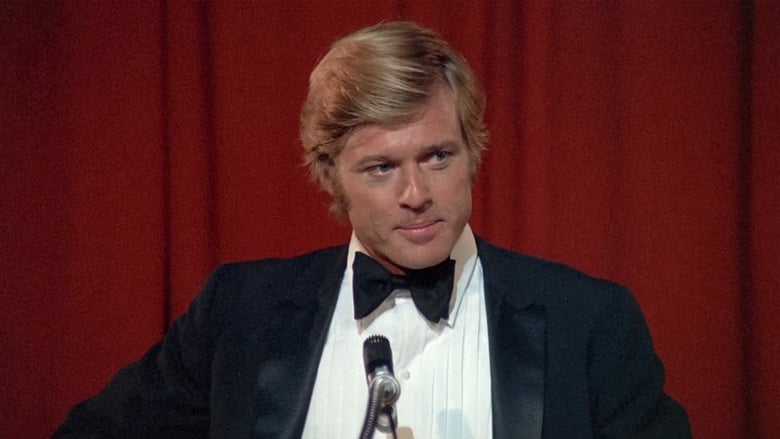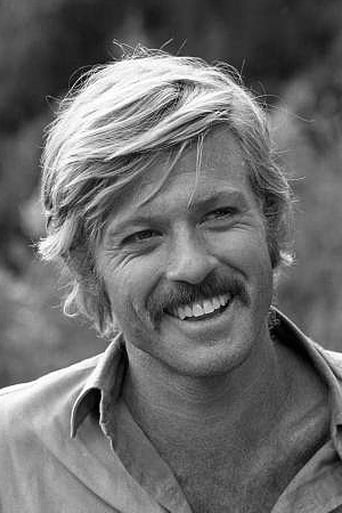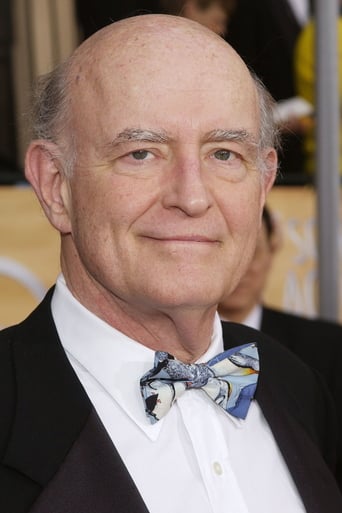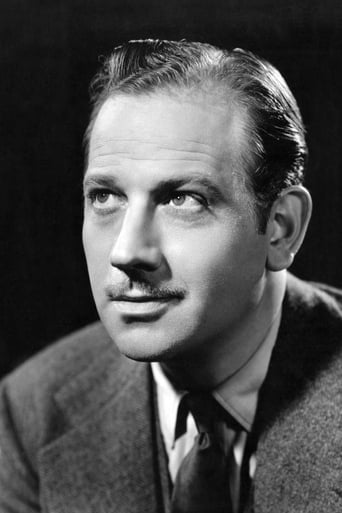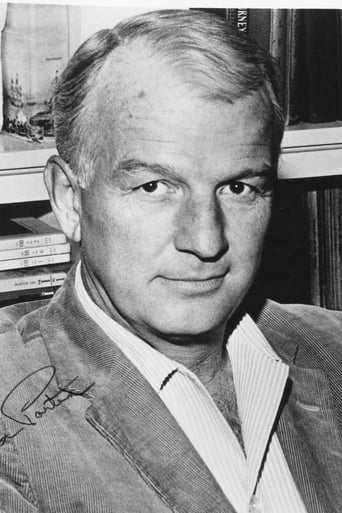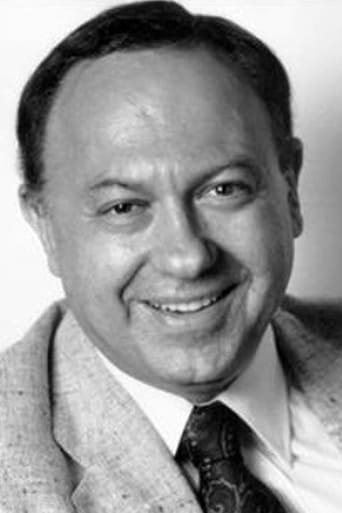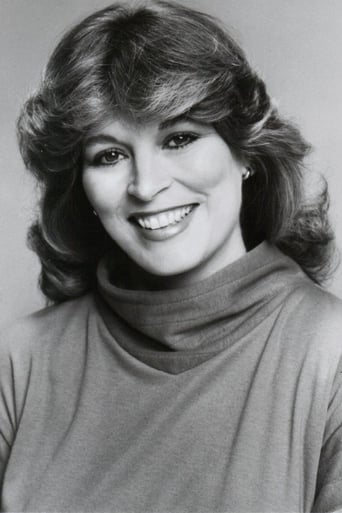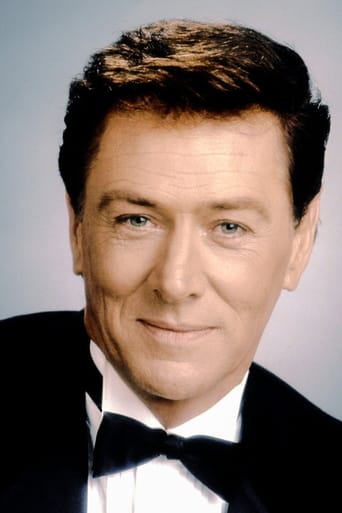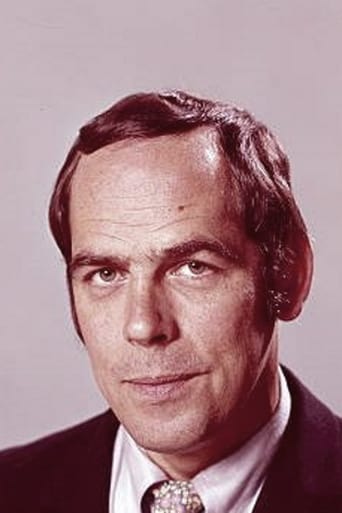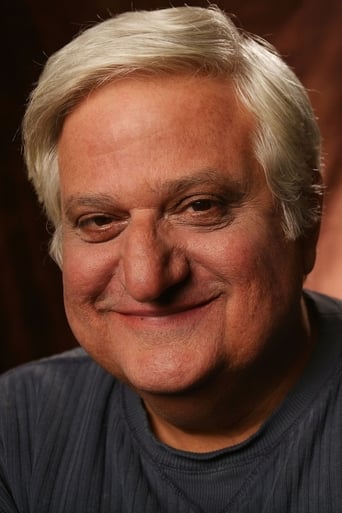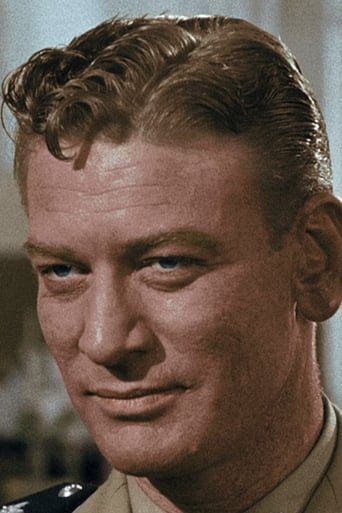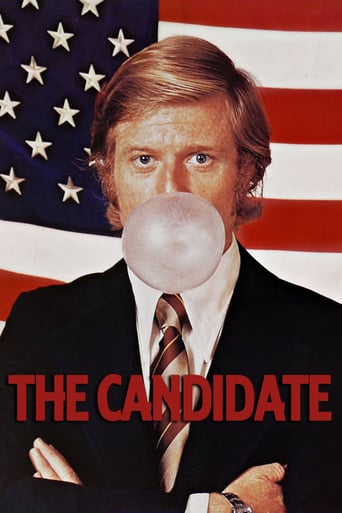
Bill McKay is a candidate for the U.S. Senate from California. He has no hope of winning, so he is willing to tweak the establishment.
Similar titles
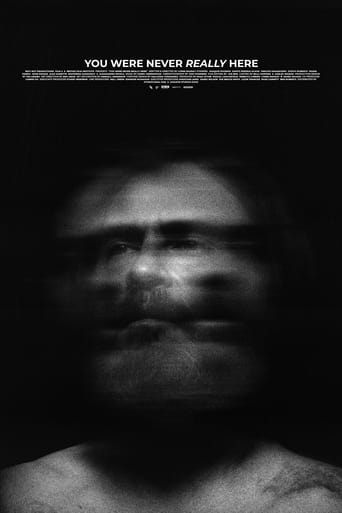
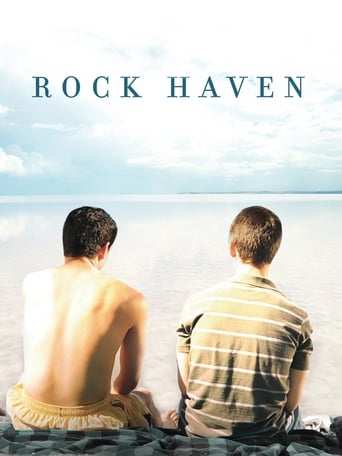

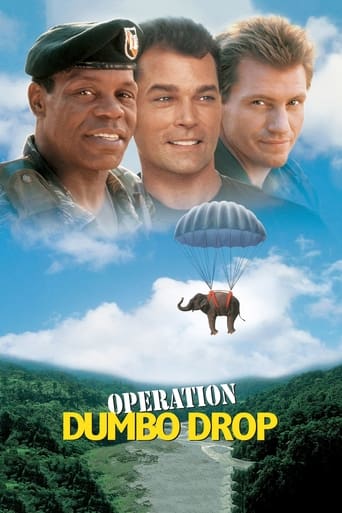
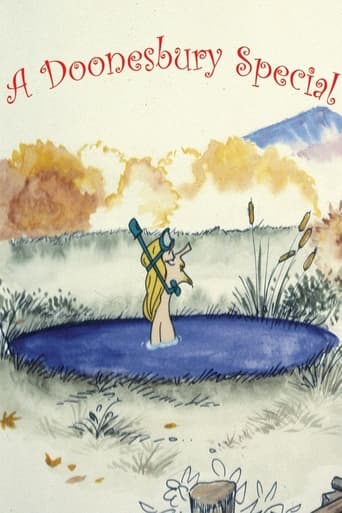
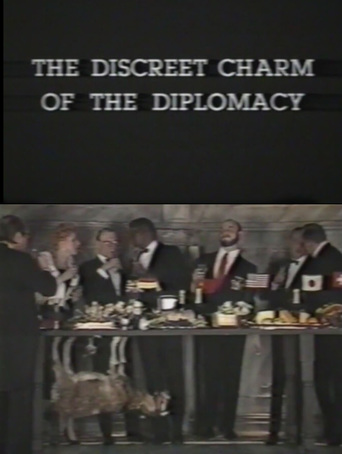
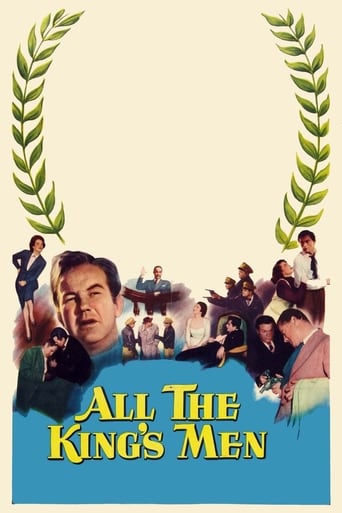
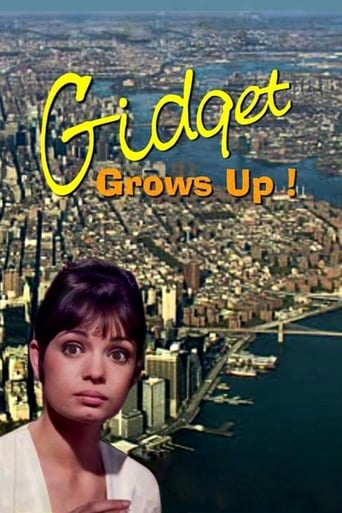
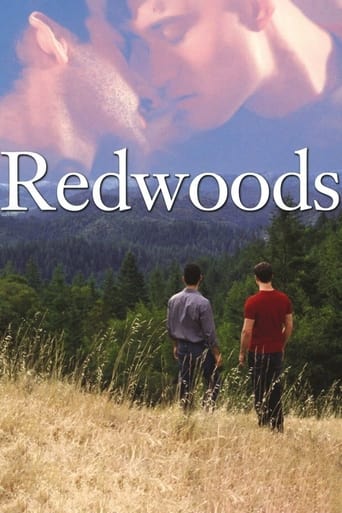
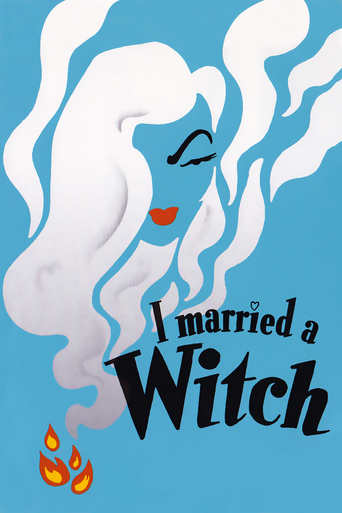
You May Also Like
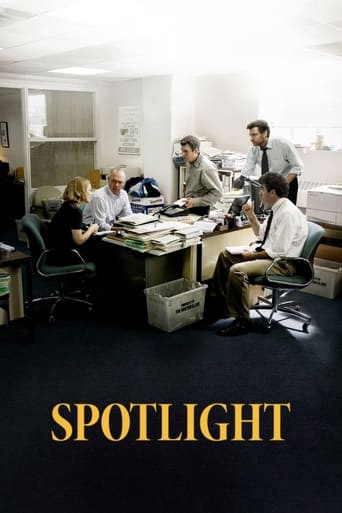
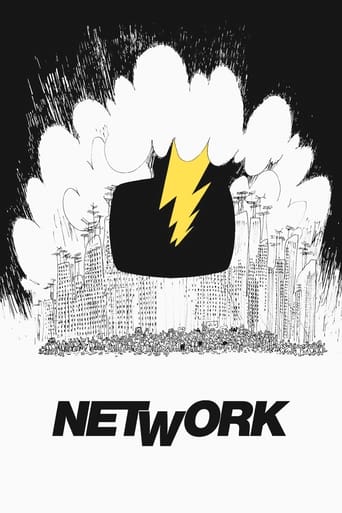
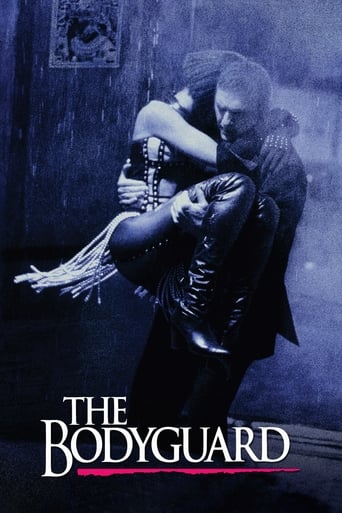
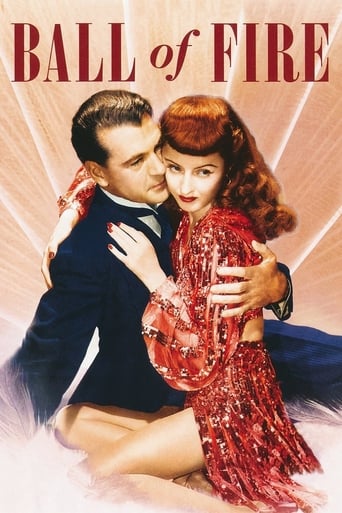
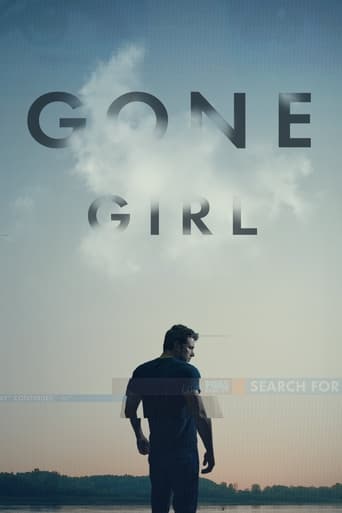
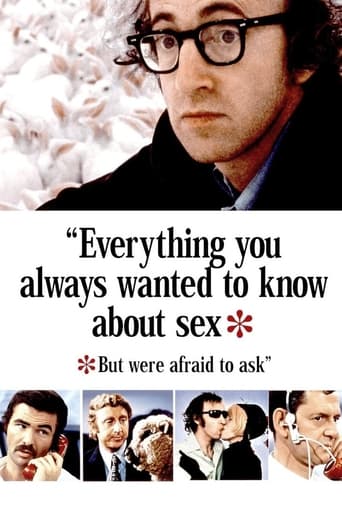
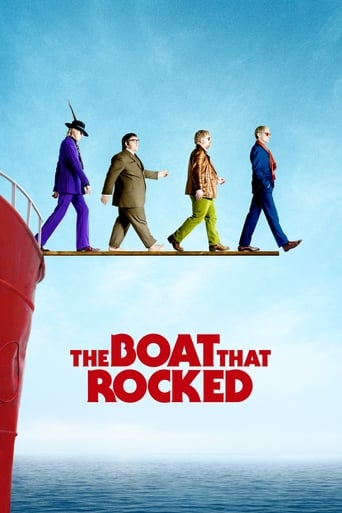
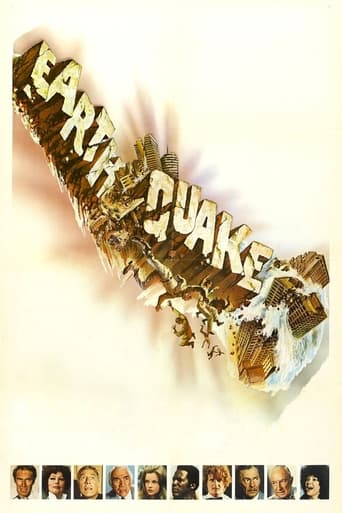
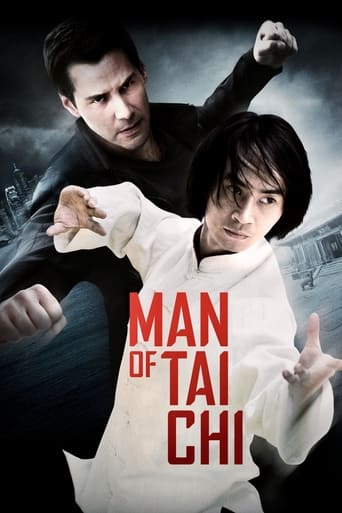
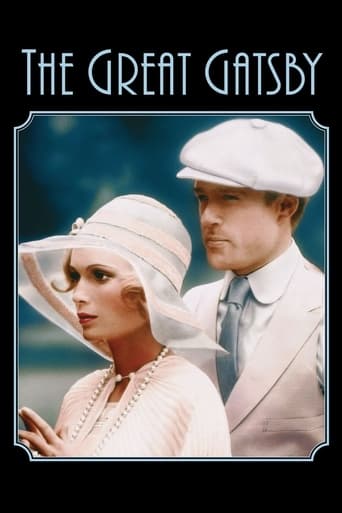
Reviews
Good story, Not enough for a whole film
Excellent but underrated film
Although it has its amusing moments, in eneral the plot does not convince.
It was OK. I don't see why everyone loves it so much. It wasn't very smart or deep or well-directed.
Cynical young Bill McKay is encouraged to follow his father into politics by running for the Senate against smooth longtime incumbent Jarmon. Against his better judgment, the handsome McKay reluctantly complies.All in all, the movie shows the road to corruption without the corruption. True, we see McKay (Redford) drawn into the momentum of his Senate campaign under pressures of a large and harried staff. We know his early ideals are being slowly overridden, but crucially we never see the backroom deals that seal a fall from grace. We do see deal-maker Starkey (Tobey) meeting the candidate at a crucial election stage, but what exactly is understood between them is left unseen. Thus this inside look at our political process shows the colorful pomp but without the fateful circumstance.And show the political spectacle, the movie does, in spades. I don't know how they did the many crowd and rally scenes, but the numbers and enthusiasm are convincing as heck. It's an excellently produced and directed effort. Redford low-keys it all the way through. As the candidate, he's hardly the effusive glad-hander, but then, with his youthful good looks, he doesn't need to be. It's really Peter Boyle as the savvy campaign manager who projects. We also get a good look at the hectic pace and foul-ups that big time campaigns are subject to. Thus, it's no wonder that McKay slowly succumbs to the pressures of the contest that yield the movie's famous last line. However, as a down and dirty look at the deal-making so crucial to electoral success, the movie only implies but doesn't show. Instead, focus is limited to McKay's "selling out", despite what he knows about the dirty business and his own better instincts. Thus the upshot amounts to the graphic undoing of one man but not of the process as a whole. Still, it's a very watchable production with lessons even for today.
Only recently does it seem like the political world has been soiled by entertainment media. HBO's "Veep", created by the satirically minded Armando Iannucci, is a brutal comedy series that details the day to day life of the vice president. Don't expect to see an all-American woman pining for a better America, because you get a narcissist hungry for power. Netflix's "House of Cards" makes politics seem as dirty as the crime world, with elected officials offing enemies left and right, utilizing corruption for the sake of unbridled authority.In days past, there was something mystical about a candidate — the one we loved (not the Nixon of the race) seemed to be a sort of god who could do no wrong. Look at JFK, FDR; they were far from perfect, but their image, their reputation, turned them into unspeakably untouchable icons. But it seems post-Vietnam, post-Watergate, America has turned into a hotbed of negativity. We don't trust our sacred politicians like we used to. And so "The Candidate" is more relevant than ever. In 1972, the U.S. was just starting to turn into a bunch of pessimists. But now, we regard many of our elected officials in the same way we do the villain of a political thriller: evil, devilishly evil. But smart. "The Candidate" is part black comedy, part political drama, all stitched together by an endlessly scathing screenplay and a finely tuned performance from Robert Redford. It isn't so much an emotional film as it is a witty commentary regarding the election process, and how most candidates go from freshly idealistic to power hungry after a mere few months of campaigning. The film doesn't tap into our fears in the same way "All the President's Men" did, or how "Three Days of the Condor" told us not to trust anyone sitting in office. Rather, it serves as a thought-provoker that makes us wonder if the smiles governmental hopefuls put on display are actually genuine. It's a bleak, bleak, movie, not so much because it is starkly negative but because it prefers to think that getting elected is a popularity contest, not a case of may the best man win. Redford plays Bill McKay, a 30-ish attorney who, on a whim, decides to run for Senate. Incumbent Crocker Jarmon (Don Porter) is slated to win — McKay, you see, has been approached by political specialist Marvin Lucas (Peter Boyle), who only wants McKay to act as a Democratic figure, not as serious competition. Jarmon, after all, cannot run unopposed. McKay knows he has little by way of chance, but, knowing he has the opportunity to spread his ideals around the state, does everything he can to potentially find success. And as the son of the former governor (Melvyn Douglas), with, not to mention, good looks that have captured much of the female vote, his possibilities may be stronger than Lucas could have ever imagined. Problem is, if McKay really wants to win, he'll have to, in some ways, trade many of his morals in favor of popularity."The Candidate" is filmed as if it were a documentary, following McKay around until his positive nature completely breaks down and sardonic ickiness takes over. As the film begins, he is a charismatic intellect who has a way with words (he is a lawyer, after all). But by the end, he can hardly control himself from laughing attacks when faced with the bullsh-t of a television promotion. The more he campaigns, the more he becomes disgusted with the idea of politics — the officials are snakes who know how to manipulate the public. Morals, he finds out, are of little importance to his peers. Sounding good, looking good, speaking well, being agreeable, going against the grain of the now-hated person he's trying to rob the job of — those are the things that matter. You can forget about making the country a better place.Larner's Academy Award winning screenplay hits all the right notes — not mean but wicked, funny, but not overtly so. It isn't a comedy as much as it is a drama that realizes how ridiculous campaigning is, and it cackles along with McKay's increasing concerns. There is a great little scene that finds McKay in the back of a limo, reciting old lines from previous speeches. But after each sound bite he makes a sound of disgust, whether it be a gag, a cough, or a scoff. The sequence is subtle, yet it speaks volumes; have we gotten to a point in our election process where a particular quote, a particular fragment of a speech, matters more than the overall goal of a candidate?The film also contains one of Redford's finest performances, capturing his distinctly everyman appeal while heightening the sly humor he can easily project just by uttering a single line. He is the kind of actor that can deliver a line like "We don't have sh-t in common" and still remain likable; he is the kind of actor that can look unfazed by the presence of a cameoing Natalie Wood and not seem like a complete jerk. In "The Candidate", we don't necessarily identify with him. Instead, we jump onto his back as he maneuvers through the jangling dishonesty of the election process. Here is a movie more interested in saying something than showcasing how great its actors are, how great its direction is. "The Candidate" doesn't move you; it causes you to think. And as the race for the presidency continually heats up these days, it is compelling viewing that has hardly aged in what it has to say.
For the non-experts, "pezzonovante" is a direct reference to the Sicilian word used in "The Godfather" to describe a senator, governor, or any upstarts or ambitious newcomer on the political field (basically, what Vito Corleone wanted for his son, Michael)I chose this title because in 1973, the two Oscars for Best Screenplay went to "The Godfather" and "The Candidate". Although they play in different leagues, both screenplays bear interesting similarities through the implicit statements they make about the limits of the American Dream and the ideals that supposedly forged it. Indeed, no matter how charismatic they are, there's something rotten in a country that allows such figures as Michael Corleone and Bill McKay to succeed.My judgment might be severe but it's a credit to Robert Redford's extraordinary performance. Sometimes, we're put in the electors' shoes and see him like a handsome and idealistic patriot, eager to raise the voice of American social outcasts and sometimes we remember, as parts of the sideshow, that these are the very reasons he was picked by his friend, Marvin Lucas (Peter Boyle) to represent the Democrat party despite his blatant lack of experience. And what's the catch for McKay? The film reveals its cynical and interesting premise when Boyle writes in a matchbox his only guarantee: "you will lose". The point of his candidature is not to undermine a Democrat potential leader's career and yet provide a realistic opponent to the Republican, the much popular Crocker Jarmon. The certitude of the defeat is compensated by a symbolical victory: McKay has all freedom to spread his values, share his vision and gain some publicity. Seems like a win-win situation.McKay accepts, not without reluctance and more driven by the surrounding enthusiasm, starting with his wife who enjoys her new 'first lady' etiquette. But there's something we know about the American political machine, once you put your foot in, there's no way getting back. And the irony with McKay is that his political carelessness and lack of true ambitious will catch the eyes and ears of Democrats, by inspiring a more genuine and less generic form of political expression, precisely what the public needed. "The Candidate" brilliantly points out the effect of good merchandising in politics. Like a product, McKay has the looks, the message and also, the brand.The name is in fact the film's subplot, involving McKay's father, a not-so popular veteran politician played by Melvyn Douglas. The reporters notice that the father never endorses his son's candidature, but McKay pretends it's a way to assess his independence. However, after a severe drop in polls that would have foreshadowed a total humiliation, McKay wins a debate against Jarmon at the last minute thanks to a genuine reaction rejecting the hypocritical aspect of a confrontation that dodged the real issues. Jarmon is upset, McKay wins, then McKay Sr. blesses him with the greatest compliment he could ever give him "son, you're a politician".Jeremy Larner, who was a speech writer for the Democrat Eugene McCarthy and then can be trusted in terms of accuracy, wrote the script. It isn't just a fictionalization of a true story but a gutsy political pamphlet that hasn't lost its relevance. And if we don't remember McCarthy, we do remember the former President who hadn't done much for the country, yet compensated his lack of accomplishment thanks to his father's aura, and used Christian idiosyncrasies to please the crowds. Bush Jr. was no less a puppet than McKay, but he won, and the pages he wrote might not be regarded as the greatest chapter of American history.And since he was elected, I guess "The Candidate" failed as a warning, and this is why I blame the film for not having been more 'thought-provoking' and 'entertaining'. The script was great, the performance of Redford as a man torn between his sincere ideals and his conviction that he's a fraud get thrillingly palpable as the film progresses. Peter Boyle, Michael Lerner and Allen Garfield are absolutely scene-stealing as the show's ringleaders, and Natalie Wood's lovable cameo gave the ultimate touch of authenticity. Apart from that, the result is rather forgettable, lacking that spice we expect from a political satire. "The Candidate" could have been on the same prophetic wit as "Network", "Wag the Dog" or "A Face in the Crowd" but the film was as frustrating as McKay struggling during his speeches. Jeremy Larner might have won an Oscar, but a Paddy Cheyefsky he ain't. And unfortunately, the real highlight of the film happens to be the ending with the unforgettable "what do we do now?" that leaves Lucas, and the viewers, speechless. The film was so full of awkward painful-to-watch moments (can you imagine anything worse than a politician being speechless?), fitting the film's anticlimactic realism but so frustrating for viewers who expect a few explosive outbursts. Redford remains an eternal enigma as a man we never quite see what goes on his mind, on TV or during a speech, challenging our patience but not rewarding it until the end, when he's put in the position he couldn't cheat anymore. I didn't know what he was going to do, but I guess I was glad they finally closed that door before we'd know. And that last minute gets me back to "The Godfather", again. The two films had similar opening and ending: one defeat speech from men who hadn't the stuff to 'win the game' and a door closing on the 'winner'. As if Crime and politics were the two evil twins of power in America, except that the first door was closed on an intimate room while the second left the protagonist with the public. And I'm not quite sure which is worse: fooling the law in secrecy or fooling the public in total openness?
Jeremy Larner's brilliant, behind-the-scenes look at a modern political campaign and the marketing experts who make them work stars Robert Redford as an anti-politics California liberal reluctantly drawn into a race for the U.S. Senate with the naive hope of actually making a difference. He discovers, too late, that government isn't about issues or representation, but about exposure and packaging, marching bands and American flags; in other words, all the empty flotsam which, years later, now seems to mark the entire political process. The early '70s fashions are badly dated, but the film itself is more incisive than ever, showing how campaign attitudes, and sometimes even the actual speeches, haven't changed at all since 1972. Director Michael Ritchie reinforces the near-documentary authenticity by enlisting celebrities to portray themselves, from Natalie Wood to Mike Wallace. In 1988 the film was named by then Vice Presidential candidate Dan Quayle as a career influence, despite his obviously having missed the point of it entirely.
Top Streaming Movies











